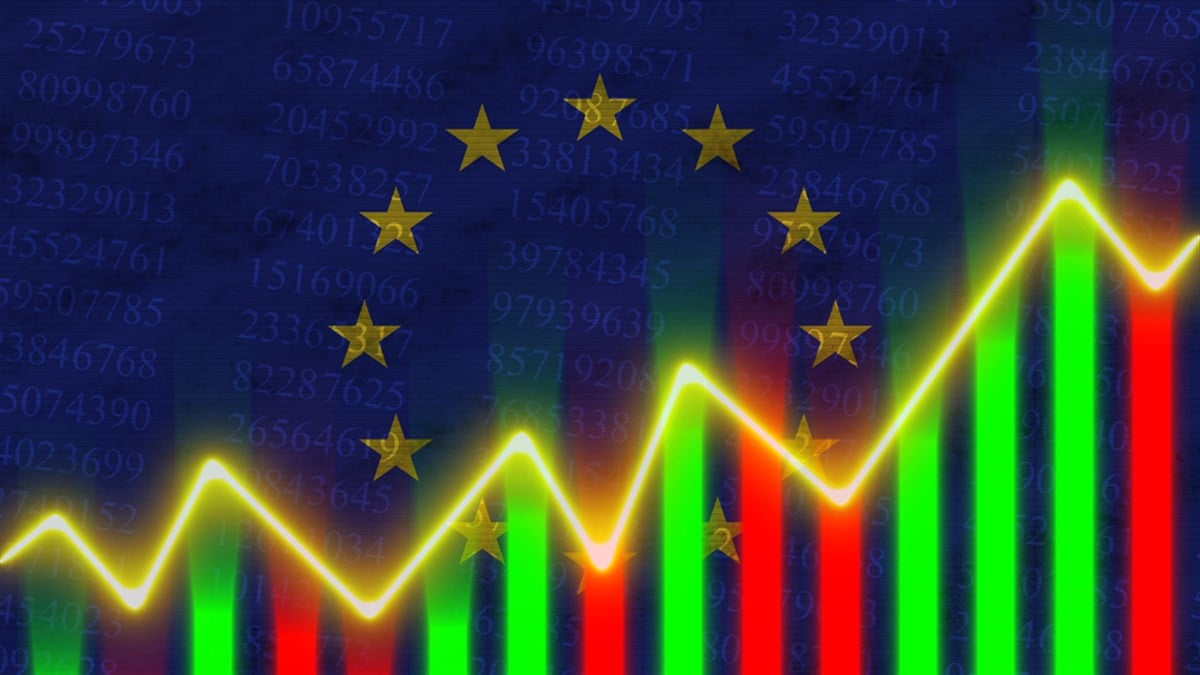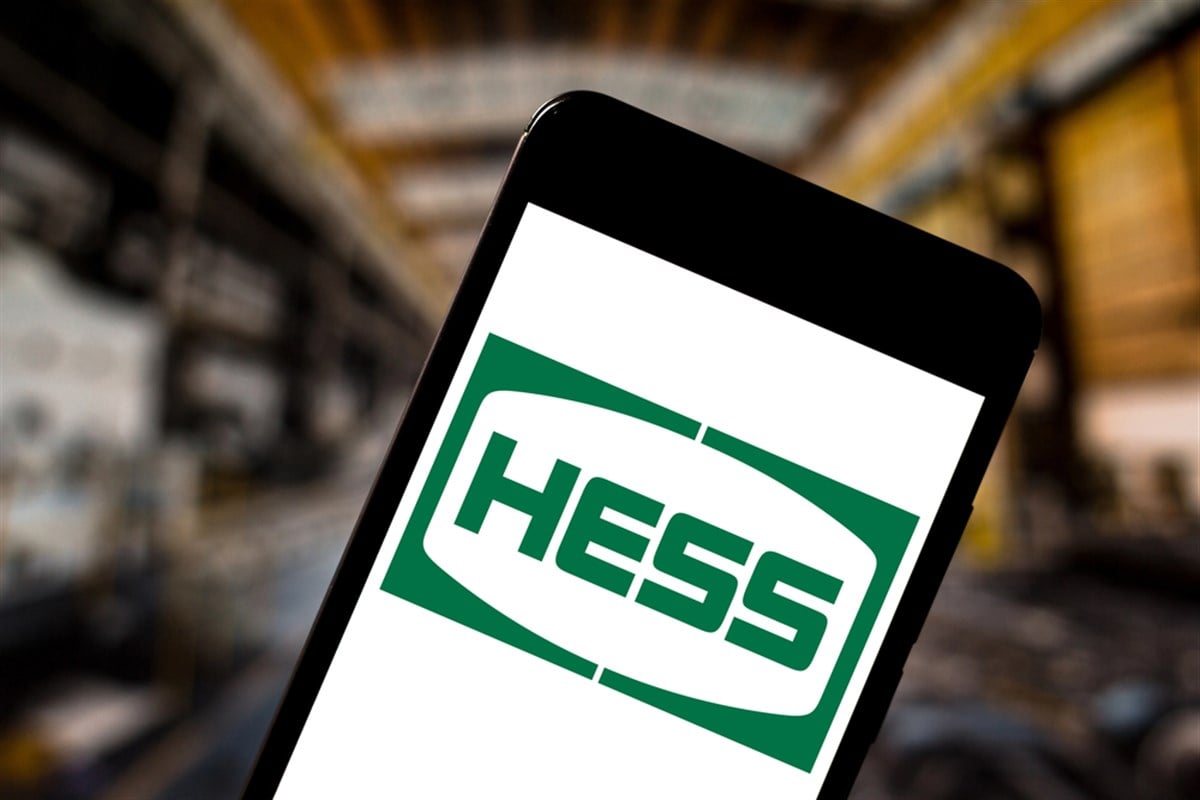Not Just China: 3 European Stocks Gaining Investor Interest

American investors are feeling the impact of tariff threats, as hedge funds funnel money away from domestic tech to international competitors. However, it isn’t just Chinese competitors who are benefiting from the inflationary and tariff squeeze concerns facing the United States—investors are also taking a renewed interest in top European stocks.
In January, the pan-European STOXX 600 rose by 6.3%, beating out the 2.7% increase seen by the S&P 500 index in the same time period. This momentum has continued into February, as the S&P 500 closed out its worst trading week of the year so far on February 21st.
These European stocks are benefitting from Trump tariff concerns, seeing increased interest from both domestic and international investors.
HSBC Sees Increased Volume From Investors
One of the largest financial service providers in Europe, HSBC Holdings (NYSE: HSBC) is benefitting from international tariff concerns. Only 0.19% of the company’s stock is currently shorted, a falling percentage indicating improving investor confidence.
Analysts give HSBC Holdings a Moderate Buy rating after its most recent earnings data report, which beat expectations by a few cents per share.
Various market signs point to HSBC as a top choice for European investors funneling money from U.S. assets abroad. In late February, the stock saw an average daily trading volume of more than 5 million shares, eclipsing its usual volume of 1.63 million daily shares.
Shares have seen an increase in price of 16% since the beginning of the year, as well as a 10% reduction in short interest since last month.
Nokia Oyj Rings In Higher Than Expected Earnings
New investor interest has recently pushed Nokia Oyj (NYSE: NOK) to a new 52-week high, representing a 12.75% increase in share value since the beginning of the year. While its daily trading volume doesn’t show as much market movement as HSBC, analysts give Nokia a Buy rating, with an 18% anticipated potential upside.
Much of this recent enthusiasm for the stock stems from the recent launch of its AI-optimized elastic networking solutions, which aim to optimize performance at a lower price than traditional networks, especially in densely populated urban areas.
Recent earnings estimates are as optimistic as headline sentiments, with the company beating consensus EPS estimates by $0.05 per share. Its P/E ratio of 19.86 is also a competitive feature that could act as a Buy signal.
Shell Maintains Enthusiastic Buy Ratings From Analysts
Shell (NYSE: SHEL) has seen a 6.84% increase in price since the beginning of the year, with interest coming from institutional investors like Todd Asset Management and DMKC Advisory Services. In the last quarter, $2.24 billion shares of SHEL were purchased by institutional investors, while less than 500 million shares were sold.
Market signs indicate that SHEL sentiment may be increasing alongside institutional investments. The majority of analysts give the stock a Buy rating, with a 17.67% potential upside. While short interest did increase by 14.77% since last month, the stock’s short interest ratio remains solid at 1.6 days to cover.
Long-term investors looking to reduce the impact of inflation-related volatility on their portfolio may be particularly interested in Shell, as energy stocks have traditionally beaten inflation almost 75% of the time. This stock also features a 4.25% dividend yield while paying out just 17.56% of its cash flow to investors—well below the company’s target of 30% to 40% of cash flow paid out.
Investors need to note that the company missed its most recent earnings estimate by $0.54, though analysts also predict that earnings are expected to grow by about 4% next year. With a P/E ratio of 13.39, this earnings fumble may be an opportunity for new investors to add this energy stock to their portfolio at a reduced rate.
Learn more about SHEL


